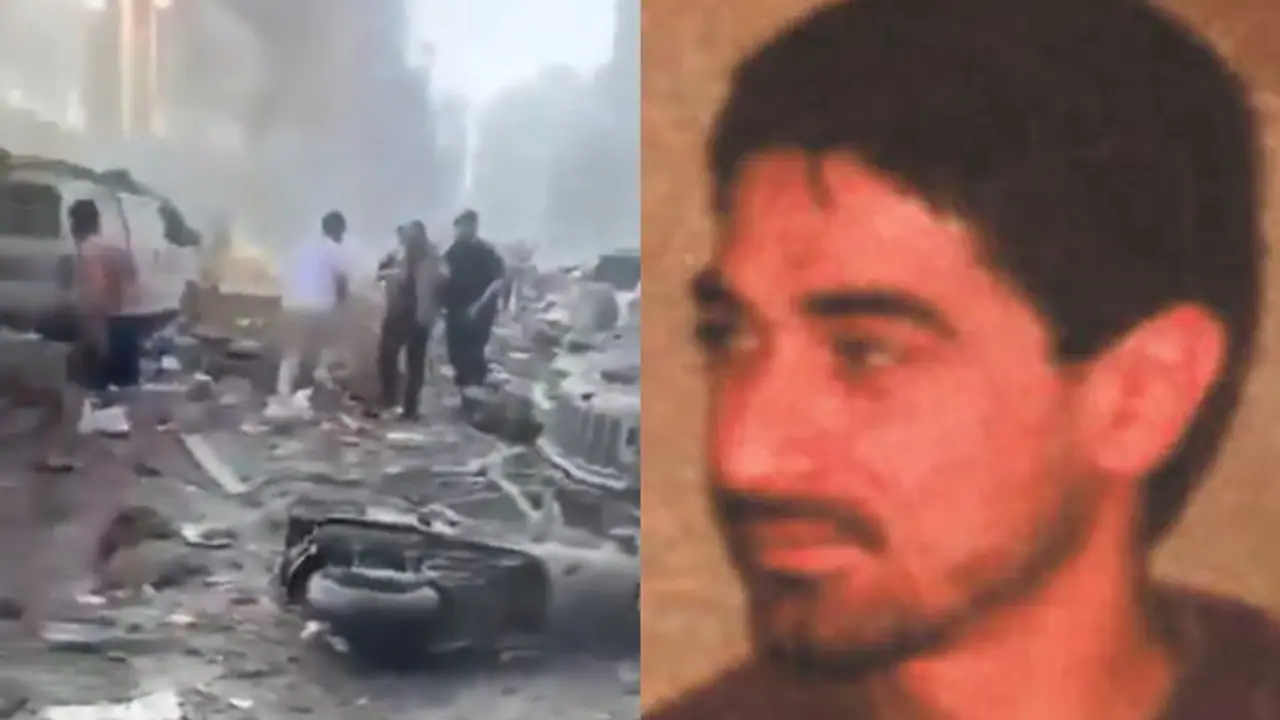Ibrahim Aqil, a senior Hezbollah commander involved in the 1983 bombings of the US Embassy and Marine barracks in Beirut, was killed in an Israeli airstrike on Friday. The strike targeted a meeting of Hezbollah's elite Radwan Force in southern Beirut, resulting in the deaths of Aqil and several other high-ranking officials.
Israel conducted an airstrike in Beirut that resulted in the deaths of a prominent Hezbollah commander, Ibrahim Aqil, along with other high-ranking members of the Lebanese group on Friday (Sep 20). The Israeli military, supported by a Lebanese security source, confirmed these casualties, marking a significant escalation in the ongoing conflict with the Iran-backed organization.

On Friday, Israel announced that it had eliminated Ibrahim Aqil, the commander of Hezbollah's elite Radwan Force, in a targeted airstrike on Beirut. The strike was aimed at a gathering of senior commanders and resulted in the deaths of at least 14 individuals, including 10 high-ranking officials.
Who was Ibrahim Aqil?
Aqil, a high-ranking military figure in Hezbollah, was sought by the United States for his involvement in the 1983 bombings of the US Embassy and Marine barracks in Beirut. Hezbollah recognized him as one of its prominent leaders and confirmed his death, referring to him as a "great jihadist leader."
The United States had issued a $7 million bounty for Aqil due to his role in the 1983 bombings that resulted in the deaths of hundreds of Americans in Lebanon. He was also linked to the kidnapping of American and European hostages during the 1980s.
The airstrike targeted Hezbollah's stronghold in southern Beirut, causing substantial damage, including a large crater and the destruction of a high-rise building. Rescue workers are actively searching through the rubble for survivors. In retaliation, Hezbollah launched dozens of rockets at Israeli military positions.
Aqil's death is a significant setback for Hezbollah's leadership, occurring just weeks after the loss of Fuad Shukr, another senior commander, in a comparable Israeli airstrike. Both Aqil and Shukr were crucial figures in Hezbollah's military operations and were instrumental in orchestrating attacks against Israel.
Israeli military officials reported that Aqil was killed while conferring with other commanders to strategize additional attacks against Israel, including a potential invasion of northern territories. The Israel Defense Forces (IDF) characterized the meeting as part of Hezbollah's "Conquer the Galilee" plan, which aims to infiltrate Israeli communities.
Iran's foreign ministry condemned the attack as a breach of international law, while Hezbollah promised retaliation. In contrast, Israel defended the operation as essential for its national security. Admiral Daniel Hagari, an Israeli military spokesman, emphasized that Israel does not aim for a wider conflict but is resolute in neutralizing threats to its citizens.
